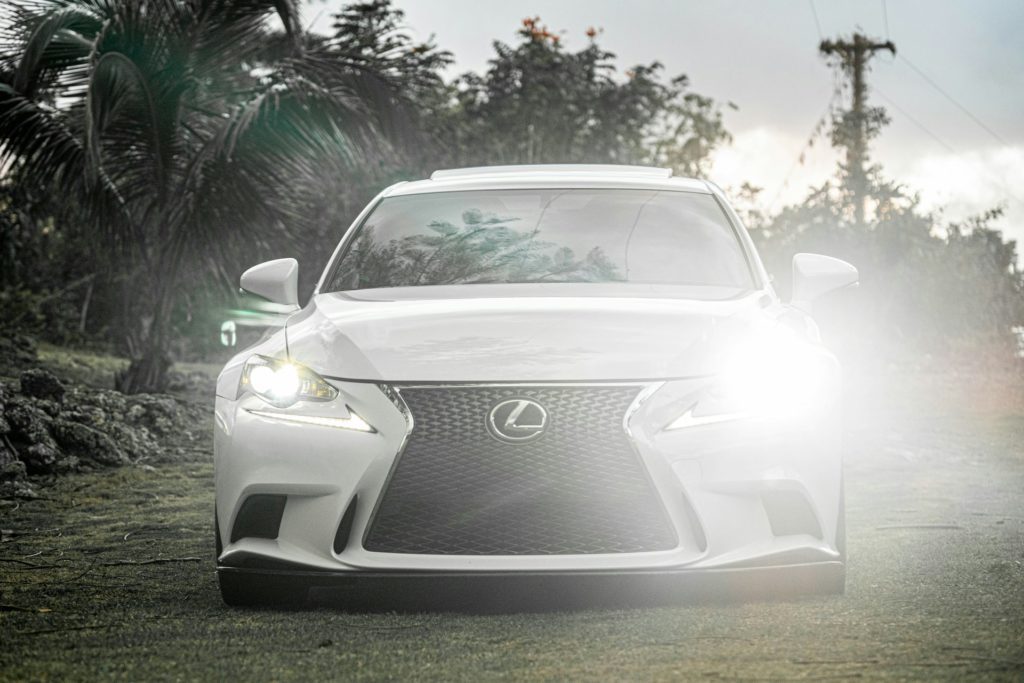
Looking for the best cars to buy used but not sure where to start? Consider these key factors – budget, reliability, safety features, fuel efficiency, maintenance costs, and resale value.
To help you narrow down your options, here are the top 5 used cars to consider: Honda Civic, Toyota Camry, Subaru Outback, Mazda3, and Ford F-150.
Wondering where to find the best used cars? Look into certified pre-owned vehicles, dealerships, and private sellers.
And don’t forget these tips for negotiating and closing the deal – research, inspection, test drive, negotiation, vehicle history report, and transferring ownership.
Get ready to make a smart purchase decision!
Key Takeaways:
- Set a budget and prioritize reliability and safety features when buying a used car.
- Consider top used car options like Honda Civic, Toyota Camry, Subaru Outback, Mazda3, and Ford F-150.
- Look for certified pre-owned vehicles and consider dealerships and private sellers for the best used car deals.
Table of Contents
Factors to Consider When Finding the Best Cars to Buy Used

When buying a used car, there are several factors to consider to ensure a wise purchase decision.
One critical factor to keep in mind is your budget. Determine how much you are willing to spend on a Toyota Tacoma or a Hyundai Sonata and stick to it to avoid overspending.
Assess the reliability of the vehicle by researching consumer reviews and ratings to gauge its dependability over time.
Look for cars equipped with advanced safety technologies such as airbags, anti-lock brakes, and stability control to prioritize the well-being of passengers.
Fuel efficiency is also crucial in making a smart choice. Consider the mileage of the Toyota Tacoma or Hyundai Sonata to save on fuel costs in the long run.
Budget
Setting a budget is crucial when buying a used car to narrow down options and find a vehicle that fits your financial constraints.
By setting a budget, one can prioritize features and specifications within their means, ensuring a more focused search process.
When determining an appropriate budget, consider not only the upfront cost of the car but also insurance, maintenance, and potential repairs, to avoid unforeseen expenses.
Price differences between various used car models can be significant, influenced by factors such as mileage, age, condition, and market demand.
Factors like location, seasonality, and economic conditions can also impact used car prices, making it essential to research and evaluate the market before setting the budget.
Reliability
Reliability is paramount when purchasing a used car, ensuring that the vehicle meets practical needs and operates smoothly.
Factors affecting a car’s reliability ratings include its maintenance history, mileage, age, and overall condition.
Features such as advanced safety systems, efficient fuel economy, and durable components play a crucial role in determining a car’s dependability.
The reputation of the brand is a key factor to consider when evaluating a car’s reliability.
A well-known and respected brand often signifies higher quality and better long-term performance, providing peace of mind to the buyer.
It’s essential to research and compare different models, considering both features and brand reputation, to make an informed decision when purchasing a used car.
Safety Features
Examining the safety features of a used car is essential to protect yourself and your passengers while on the road.
When evaluating safety features, it’s crucial to look for key elements such as airbags, anti-lock braking system (ABS), traction control, electronic stability control, and blind-spot monitoring.
These features can greatly reduce the risks of accidents and injuries.
Advancements in safety technology have rapidly evolved over the years, with newer models boasting features like lane departure warning systems, automatic emergency braking, adaptive cruise control, and even pedestrian detection systems.
Considering these advancements when purchasing a used car can significantly enhance the overall safety of your driving experience.
Fuel Efficiency
Considering the fuel efficiency of a used car can help you save money on gas expenses over time and reduce your carbon footprint.
Factors such as engine size, weight, driving habits, and maintenance play crucial roles in determining the fuel efficiency of a vehicle.
When opting for a fuel-efficient car, you not only contribute towards a cleaner environment but also enjoy long-term savings on fuel costs.
Hybrid and electric vehicles are popular choices for those prioritizing fuel efficiency, as they offer impressive mileage and lower emissions.
Maintenance and Repair Costs
Assessing the potential maintenance and repair costs of a used car is vital to avoid unexpected financial burdens and disruptions.
Estimating maintenance and repair expenses involves evaluating various factors, including the vehicle’s age, make, model, and mileage.
Supply chain disruptions can significantly impact repair costs due to delays in sourcing parts and increased prices.
It’s crucial to consider the availability of spare parts and the labor costs of skilled technicians when budgeting for maintenance.
By staying proactive and performing regular inspections and minor repairs, car owners can reduce the likelihood of major breakdowns and costly repairs.
Developing a maintenance schedule and setting aside a budget for contingencies can help in managing these expenses effectively.
Resale Value
Understanding the resale value of a used car can help you make a more informed decision, considering the potential depreciation and market trends.
When contemplating the resale value of a used vehicle, various elements come into play.
Factors such as the make and model of the car, its age, mileage, condition, and service history significantly impact how much it will hold its value over time.
The demand for that particular vehicle in the pre-owned market can influence its resale price.
Maximizing the resale value of a used car involves maintaining it well, keeping detailed records of maintenance, and possibly investing in upgrades or repairs that can enhance its appeal to potential buyers.
Top 5 Used Cars to Consider
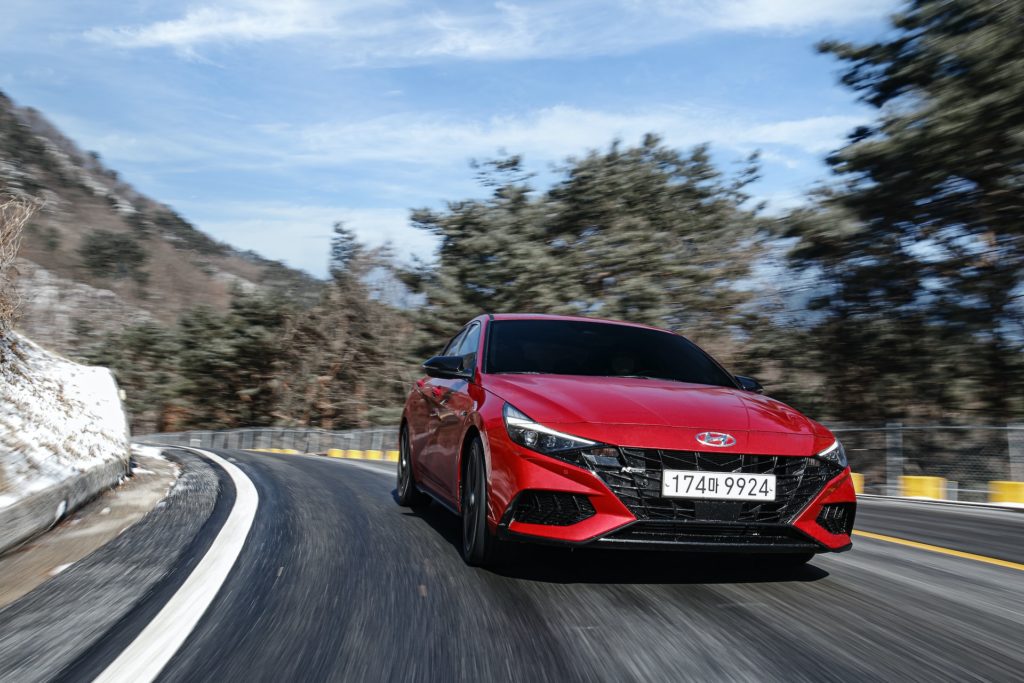
When searching for a used car, exploring popular models like the Honda Civic, Toyota Camry, Subaru Outback, Mazda3, and Ford F-150 can provide reliable and diverse options.
Among these top 5 used cars, the Honda Civic stands out for its reputation for reliability and fuel efficiency. With its sleek design and comfortable interior, it appeals to drivers looking for a balance of style and practicality.
The Toyota Camry offers a spacious cabin and smooth ride, making it an ideal choice for long commutes or family road trips.
On the other hand, the Subaru Outback is favored for its versatility, being equally at home on city streets or off-road adventures.
The Mazda3 combines sporty performance with excellent fuel economy, making it a favorite among driving enthusiasts.
The Ford F-150 is a powerhouse known for its rugged durability and impressive towing capacity, making it a top pick for those needing a reliable truck for work or recreation.
Honda Civic
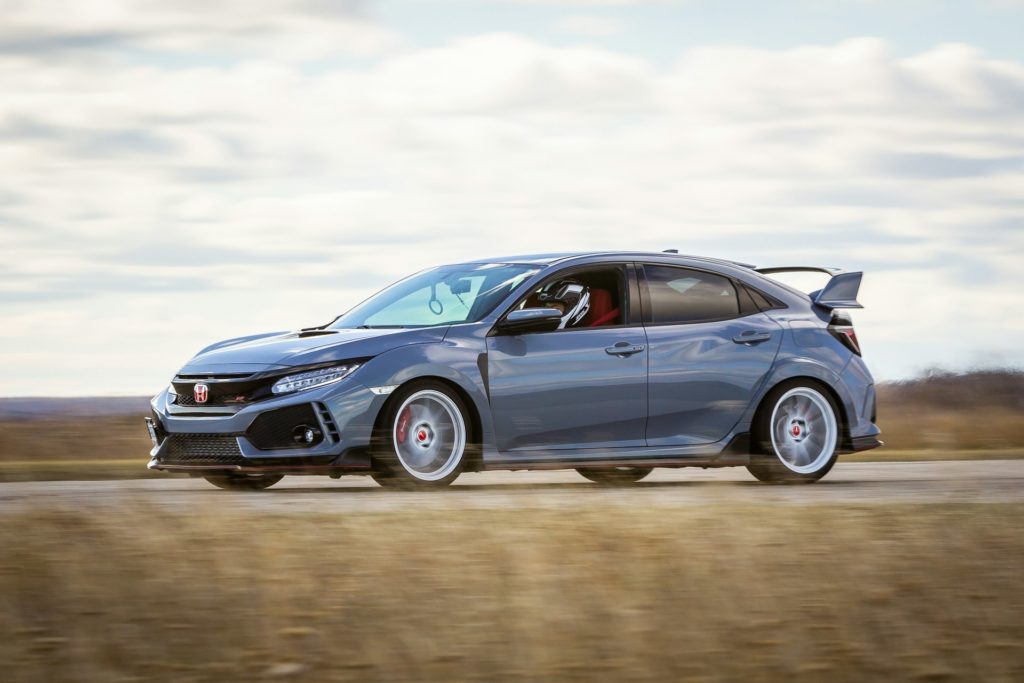
The Honda Civic is a popular choice for used car buyers due to its reliability, affordability, and fuel efficiency.
When considering purchasing a used Honda Civic, the key features that stand out include its sleek design, comfortable interior, and advanced technology features.
The Honda Civic is known for its longevity, often retaining its value well over time, making it a smart investment for those looking for a dependable vehicle.
Its reputation for excellent fuel economy and low maintenance costs adds to its appeal among budget-conscious buyers.
Toyota Camry
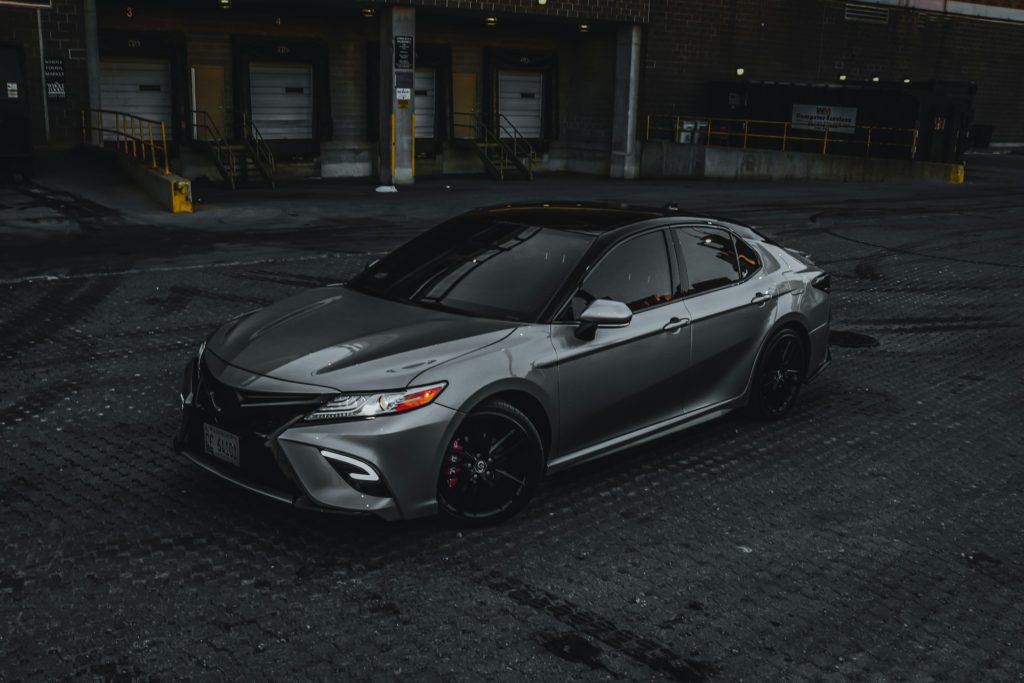
The Toyota Camry stands out as a reliable and value-retaining option in the used car market, offering a blend of comfort, performance, and durability.
One of the reasons behind Toyota Camry’s popularity as a used car lies in its reputation for long-lasting dependability.
Known for its low maintenance costs and solid build quality, the Camry attracts buyers looking for a vehicle that can go the distance without frequent trips to the mechanic.
Fuel efficiency is another key factor influencing the resale value of Toyota Camry models.
With its efficient engines and eco-friendly hybrid options, the Camry appeals to budget-conscious individuals seeking a car that doesn’t break the bank at the pump.
Subaru Outback
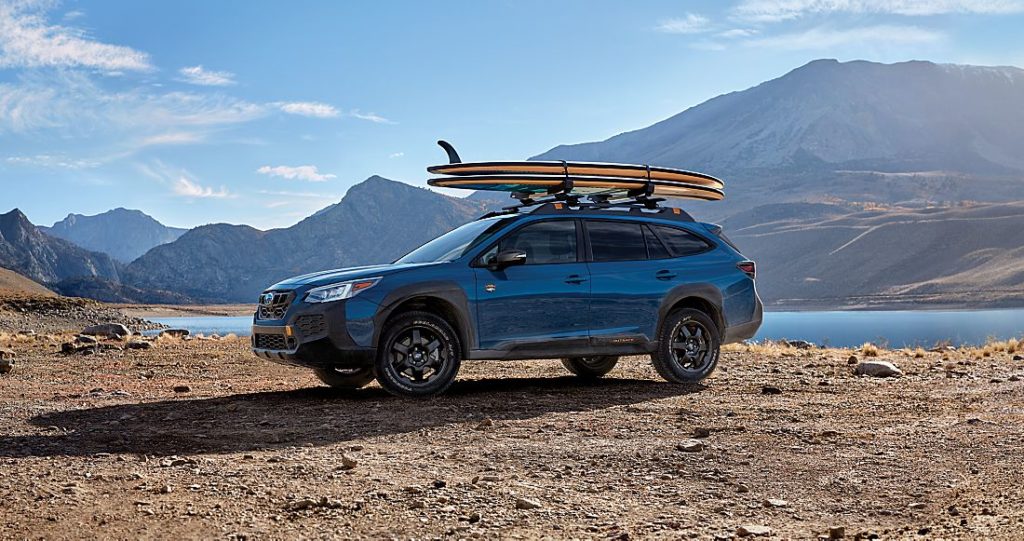
The Subaru Outback is known for its versatility, safety features, and all-terrain capabilities, making it a sought-after choice among used car shoppers.
One of the standout features of the Subaru Outback that sets it apart from other vehicles in its class is its award-winning safety technology.
Equipped with Subaru’s renowned EyeSight Driver Assist system, this vehicle offers advanced features such as adaptive cruise control, pre-collision braking, and lane-keep assist, providing drivers with an extra layer of protection on the road.
The Subaru Outback is built with a sturdy construction and a reliable Symmetrical All-Wheel Drive system, ensuring optimal performance in various driving conditions, whether it’s navigating through snow-covered roads or winding mountain trails.
Its efficient handling and responsive steering make it a joy to drive, striking a perfect balance between comfort and agility for both daily commutes and off-road adventures.
Mazda3
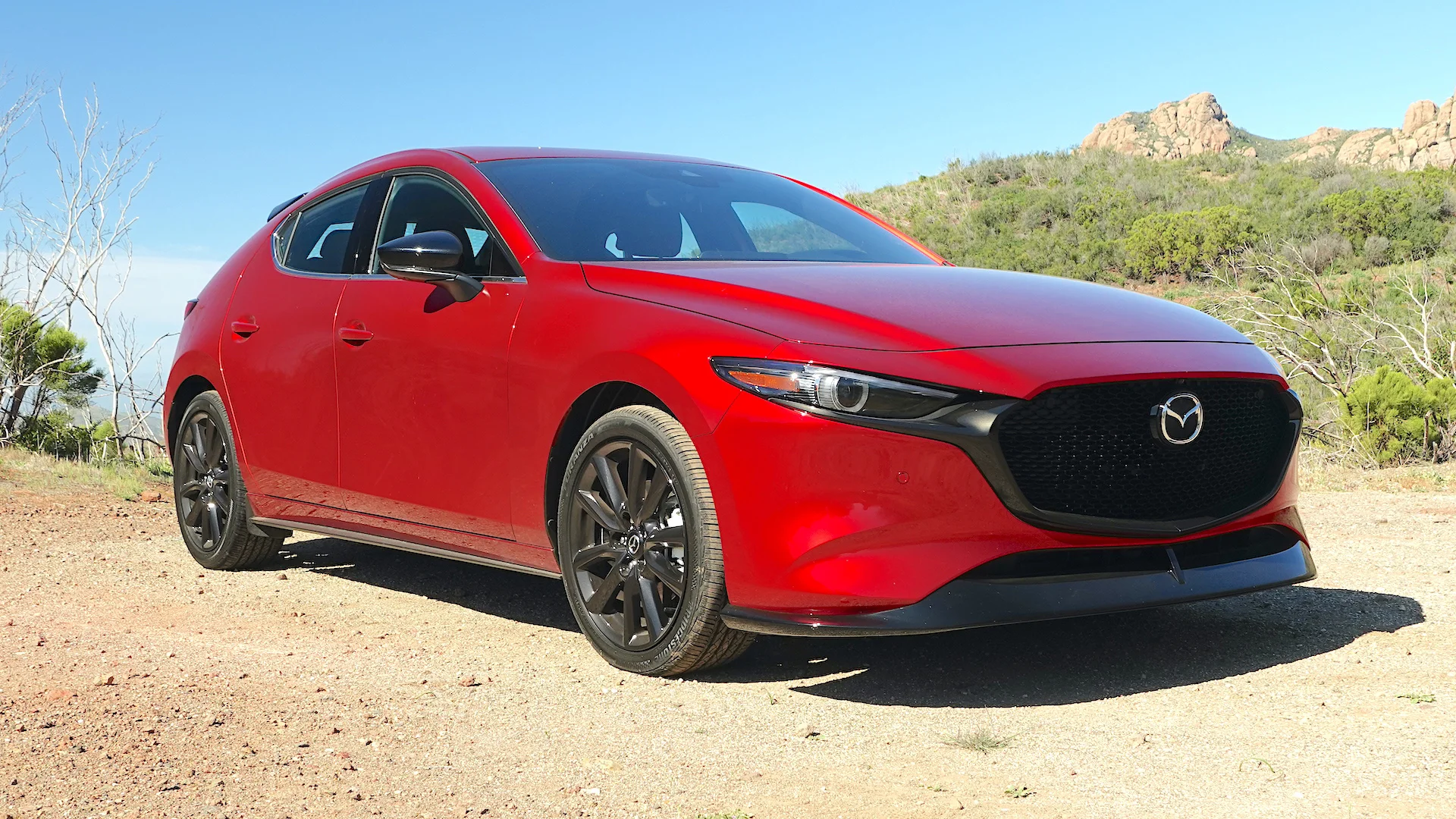
The Mazda3 appeals to used car buyers with its sporty design, fuel efficiency, and comparatively low maintenance and repair costs.
One of the distinctive features of the Mazda3 is its sleek and modern exterior, which gives it a stylish edge on the road.
The fuel efficiency of this vehicle is another attractive aspect, as it offers great mileage for both city driving and long highway journeys.
In terms of maintenance and repairs, Mazda3 owners often appreciate the reliability and durability of the vehicle, which can lead to lower upkeep costs compared to other cars in its class.
Regular maintenance checks and servicing can help prolong the lifespan of the Mazda3 and prevent any major repair issues from arising.
Ford F-150
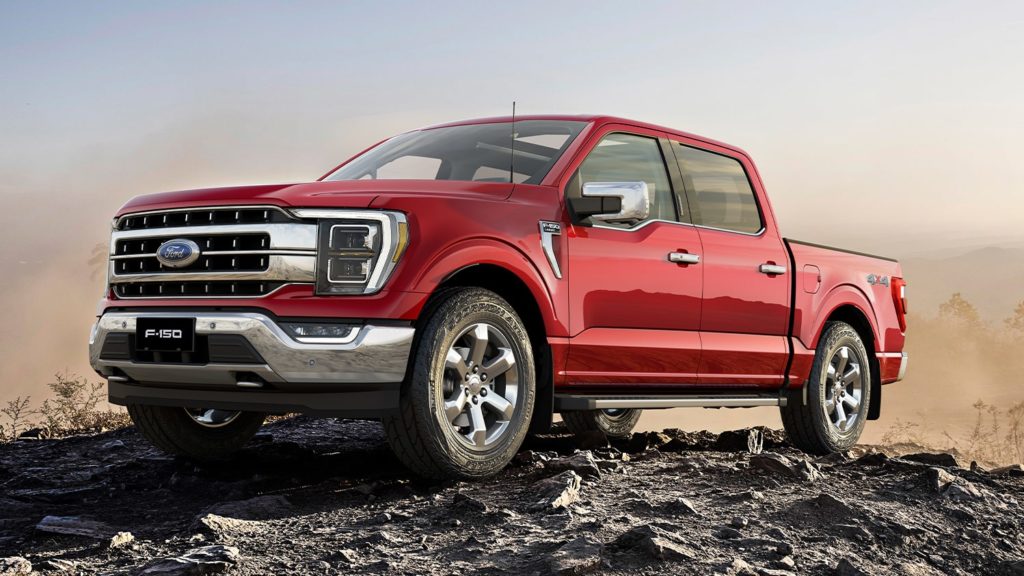
The Ford F-150, a popular pickup truck, offers a mix of power, versatility, and efficiency for used car buyers seeking a dependable and capable vehicle.
When considering the Ford F-150 as a used car option, its remarkable fuel efficiency stands out as a significant advantage.
Whether cruising down the highway or navigating through city traffic, this truck showcases impressive miles per gallon figures, helping drivers save on fuel costs in the long run.
The F-150’s towing capabilities are top-notch, allowing owners to confidently haul heavy loads with ease.
In terms of overall performance, the Ford F-150 excels in various driving conditions, demonstrating a perfect balance between power and smooth handling.
Its robust engine options deliver strong acceleration and responsiveness, making it a reliable choice for both work and everyday driving needs.
Where to Find the Best Used Cars
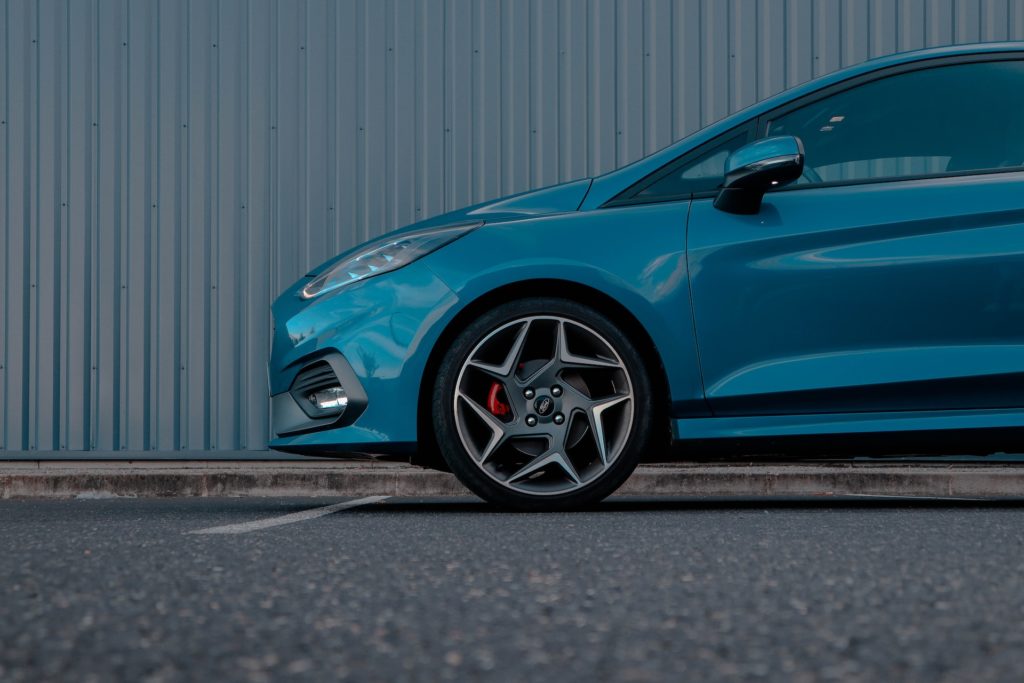
Finding the best-used cars involves exploring options like certified pre-owned vehicles, dealerships, and private sellers to match your preferences and budget.
When considering certified pre-owned vehicles, you benefit from the assurance of thorough inspections and extended warranties provided by manufacturers, giving you peace of mind regarding the vehicle’s condition.
On the other hand, purchasing from dealerships offers a diverse selection of cars, often with financing options and trade-in opportunities, making the buying process more convenient.
When dealing with private sellers, negotiations can result in lower prices compared to dealerships.
Still, it’s crucial to inspect the car thoroughly and get a vehicle history report to avoid potential hidden issues.
Evaluating used car sources involves checking reviews, asking for maintenance records, and considering the seller’s reputation.
Certified Pre-Owned Vehicles
Opting for certified pre-owned vehicles offers buyers a sense of assurance regarding the vehicle’s condition, reliability, and warranty coverage.
One of the main benefits of choosing certified pre-owned vehicles is that they undergo a rigorous inspection process to meet specific criteria set by the manufacturer.
This ensures that the vehicle is in good condition and meets certain standards before being sold to customers.
These vehicles often come with extended warranty coverage, providing buyers with extra peace of mind.
The certification process includes a detailed inspection of the vehicle’s mechanical and cosmetic condition, as well as a review of its maintenance history.
Dealerships
Dealerships provide a wide selection of used cars, offering convenience, financing options, and the opportunity to test drive different vehicles for interested buyers.
One of the key advantages of purchasing from dealerships is the assurance of dealing with reputable sources.
Dealerships typically have a solid reputation to uphold, offering more reliability compared to private sellers.
This provides used car shoppers with a sense of security, knowing that they are less likely to encounter fraudulent activities.
When negotiating at a dealership, buyers have the chance to explore various financing options that might not be readily available in private sales.
This can include attractive loan rates, extended warranties, and other perks that enhance the overall buying experience.
Private Sellers
Buying from private sellers can sometimes result in better deals, but it requires caution, thorough inspection, and negotiation skills to ensure a fair transaction within your budget.
One significant advantage of buying from private sellers is the potential for lower prices compared to dealerships.
When dealing directly with the owner, there is often room for negotiation and flexibility in pricing, allowing buyers to secure a more cost-effective deal.
It is crucial to exercise vigilance when purchasing from private sellers.
Since these transactions may lack the guarantees and protections offered by formal establishments, buyers must conduct thorough inspections to avoid any hidden issues.
Transparency is key in these transactions; it is essential to ask questions, request maintenance records, and verify the seller’s credibility to prevent any future surprises.
Tips for Negotiating and Closing the Deal
Effective negotiation skills, thorough inspections, and attention to detail are essential when closing the deal to secure the best price and terms for your used car purchase.
In terms of negotiation tactics, it’s crucial to set your bottom line and stick to it, while also being flexible enough to explore various options.
Researching market prices and understanding the value of the vehicle can give you leverage during the negotiation process.
Creating a checklist for vehicle inspections can help you identify any potential issues that could affect the price or safety of the car.
Obtaining a vehicle history report plays a vital role in making an informed decision.
These reports provide comprehensive details about the car’s past, including accidents, service records, and mileage accuracy, helping you gauge the true worth of the vehicle.
After finalizing the purchase, don’t overlook post-purchase steps like transferring ownership, registering the vehicle, and updating insurance.
Taking these necessary actions ensures a smooth transition and legal compliance, safeguarding your investment in the long run.
Do Your Research
Utilize resources like iSeeCars.com and expert advice from industry professionals like Karl Brauer to research used car market trends, pricing, and vehicle reviews before initiating negotiations.
Conducting thorough research on platforms such as iSeeCars.com provides valuable insights into the market dynamics, including average pricing, depreciation rates, and popular models.
Expert guidance from individuals like Karl Brauer can offer a nuanced perspective on factors to consider when evaluating a used vehicle’s condition, history, and overall value.
By leveraging these resources and integrating current market insights, buyers can make more informed decisions and negotiate with confidence, ultimately ensuring a satisfactory purchase.
Inspect the Car Thoroughly
Conduct a detailed inspection of the used car, focusing on features, performance, and condition to identify any potential issues or discrepancies that may impact your buying decision.
When inspecting a used vehicle, start by checking the exterior for signs of rust, dents, or mismatched paint, which could indicate prior damage.
Moving to the interior, examine the seats, dashboard, and electronics for wear and tear. Test the lights, air conditioning, and sound system to ensure proper functionality.
Take the car for a test drive to assess its performance, including acceleration, braking, and handling.
For specific models like a Toyota Tacoma, pay attention to off-road capabilities, towing capacity, and overall durability.
On the other hand, evaluating a Hyundai Sonata may emphasize fuel efficiency, comfort features, and reliability ratings.
Test Drive the Car
A test drive is crucial to evaluate the reliability, performance, and safety features of a used car, such as the Hyundai Palisade, ensuring a seamless driving experience.
When taking a used car like the Hyundai Palisade for a test spin, pay close attention to how it handles different road conditions, the braking responsiveness, and the overall comfort level during the drive.
Sitting behind the wheel allows you to assess the visibility, seating comfort, and ease of access to essential controls and features.
During the test drive, you can also check for any strange noises, vibrations, or warning lights that could indicate underlying issues that may require further inspection.
Considering these factors while test-driving a Hyundai Palisade can help you make a well-informed decision when purchasing a pre-owned vehicle.
Negotiate the Price
Negotiating the price of a used car involves leveraging market trends, budget constraints, and understanding the impact of supply chain disruptions on used car prices to secure a fair deal.
One effective strategy for negotiating a better price for a used car is to research the current market values of similar models.
This knowledge can provide you with a strong bargaining position and help you justify your desired price point.
Understanding the dynamics of the supply chain, such as fluctuations in availability due to manufacturing or distribution issues, can also give you insights into when may be the best time to negotiate for a lower price.
Setting a clear budget beforehand and sticking to it can prevent you from overspending and ensure you stay within your financial limits.
Get a Vehicle History Report
Obtaining a comprehensive vehicle history report from trusted sources like JD Power and Kelly Blue Book can reveal crucial information about the car’s past ownership, maintenance records, and potential issues.
These reports play a vital role in helping buyers make informed decisions when purchasing a used vehicle.
When utilizing reputable sources like JD Power and Kelly Blue Book, buyers can access accurate data that is crucial in assessing a car’s value and overall condition.
Information on previous accidents, service records, recalls, and mileage can all be found in these reports, ensuring transparency throughout the buying process.
Factors to consider when reviewing model years and ownership histories include assessing the mileage, maintenance history, number of previous owners, and the presence of any major accidents or damage.
By analyzing these details, buyers can gain a comprehensive understanding of the car’s past and potential future maintenance needs.
Close the Deal and Transfer Ownership
Finalize the purchase by closing the deal, ensuring legal compliance, and transferring ownership following a thorough review of the car’s brand reputation and safety ratings like those from NHTSA.
Start by double-checking all the contractual terms outlined in the sales agreement.
Verify that the documentation includes important details such as the vehicle identification number (VIN), sale price, warranties, and any additional terms agreed upon.
Make sure both parties sign the necessary paperwork to solidify the legal aspects of the transaction.
Once the paperwork is complete, transfer ownership by updating the vehicle’s title with the relevant authorities in your location.
This step is crucial to officially register the vehicle under your name and ensure compliance with local laws and regulations.
Have any suggestions or comments! Get in contact with us today!
Frequently Asked Questions
What are some advantages of buying a used car?
There are several benefits to buying a used car, including lower price, lower insurance costs, and less depreciation.
How much should I expect to pay for a used car?
The price of a used car can vary greatly depending on its make, model, and condition. On average, you can expect to pay around $20,000 for a used car in good condition.
What are some reliable brands for used cars?
Some top brands for used cars include Toyota, Honda, and Chevrolet. These brands are known for their durability and longevity, making them a good choice for a used car purchase.
How can I ensure I’m getting a good deal on a used car?
Research the market value of the specific make and model you’re interested in, and compare prices from different sellers. It’s also important to get a vehicle history report and have the car inspected by a mechanic before making a purchase.
Is it better to buy a used car from a dealership or a private seller?
Both options have their pros and cons. Buying from a dealership may provide more peace of mind with warranties and certified pre-owned options, while buying from a private seller may offer a better deal. It’s important to do your research and carefully consider your options.
What should I look for when test driving a used car?
Pay attention to the car’s overall condition, including its engine, brakes, and transmission. Test all features and functions, and listen for any strange noises or vibrations. It’s also helpful to have a checklist of specific things to look for.
